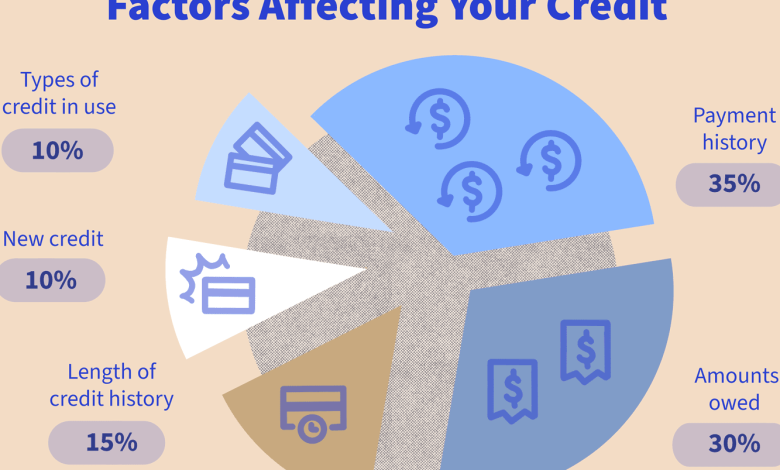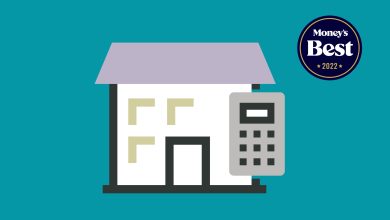Impacts of loan payment on your CIBIL Score

What is the importance of a credit score?
A credit score or CIBIL score is a three-digit number that indicates how creditworthy you are. When you apply for a loan or a credit card, it’s the first thing lenders look at. It provides them an indication of whether you’ll be able to repay the loan on time or not. As a result, maintaining a decent credit score is critical. Making all your payments on schedule, monitoring your credit reports frequently, paying off existing credit card debt, and keeping your credit utilisation low below 30% can help you maintain your credit score.
Late payments’ effects on CIBIL scores:
An evaluation of a person’s capacity to repay debts based on his credit history is represented numerically by his credit score. This score is used by lenders, including banks and financial organisations, to evaluate a borrower’s creditworthiness. However, timely repayment by an individual is one of the essential components of a strong credit score. If you don’t pay your bills on time, it’s very probable that your credit will suffer, and you won’t be approved for new loans. Check Credit Score online now!
The RBI and other financial institutions established the Credit Rating and Information Bureau of India Ltd. (CIBIL) as a body to oversee credit transactions of private citizens and business organisations and to maintain a database of credit reports and scores.
With the use of technologies like credit scores and credit information reports (CIR), lenders can quickly and affordably evaluate the risk profile of the borrowers. They now have a guarantee of accountability and credit safety thanks to CIBIL. It should be noted that CIBIL cannot change a person’s credit score on its own. A borrower’s CIBIL score cannot be affected by a positive report from a bank or other financial institution.
Late loan and credit card payments lower your CIBIL score, which in turn hurts your chances of getting a loan or credit card in the future. Low CIBIL scores are interpreted by banks and financial institutions in the following ways:
Interpretations of a low CIBIL score brought on by late repayment:
CIBIL scores range from 300 to 900, with 300 representing the lowest and 900 representing the highest. Loan approvals demand a minimum CIBIL score of 750. A score of at least 750 makes borrowers eligible for loans from a variety of lenders, assures a speedy and straightforward loan approval process, and ensures that the loan amount will be disbursed into the expected account quickly. A score between 600 and 749, however, narrows the window for obtaining a loan.
Lenders may also consider other elements, such as the applicant’s potential monthly income, employment stability, and the number of open loans, when determining whether to approve a loan application. The likelihood of securing a loan approval is further decreased by a score between 300 and 599. A lender may authorize a loan against collateral, such as gold, FDs, shares, and assets, with such scores. But the approval of the loan is frequently accompanied by strict terms and restrictions, a relatively small loan amount, and a high interest rate.
Speculate about the likelihood of debt repayment:
A strong CIBIL score is the result of a history of on-time payments, which reassures potential lenders about your trustworthiness and increases the likelihood that your loan application will be approved. On the other side, late payments have a negative effect on the score and discourage lenders from collecting the debt.
It is challenging to raise a low CIBIL score because defaults are assumed to be the “status quo” until banks and financial institutions notify CIBIL otherwise when they report them. To see an improvement on their CIBIL score, people must make consistent, on-time repayments over a protracted period of time.
High penalty rates or exorbitant late payment fees apply to loans that are not repaid on time or are paid late. Late payment of the remaining balance is also defined as paying less than the minimum due or not paying the whole balance due on a credit card. Banks typically assess a high rate of interest on the balance left on your credit card.
A default may ruin all the goodwill you have built up so far, making it difficult for you to get a loan or credit card in the future, even if you have an excellent history of making on-time debt repayments in the past.
Additional Read: How to pay your Bajaj loan EMIs through Bajaj My Account Portal?





